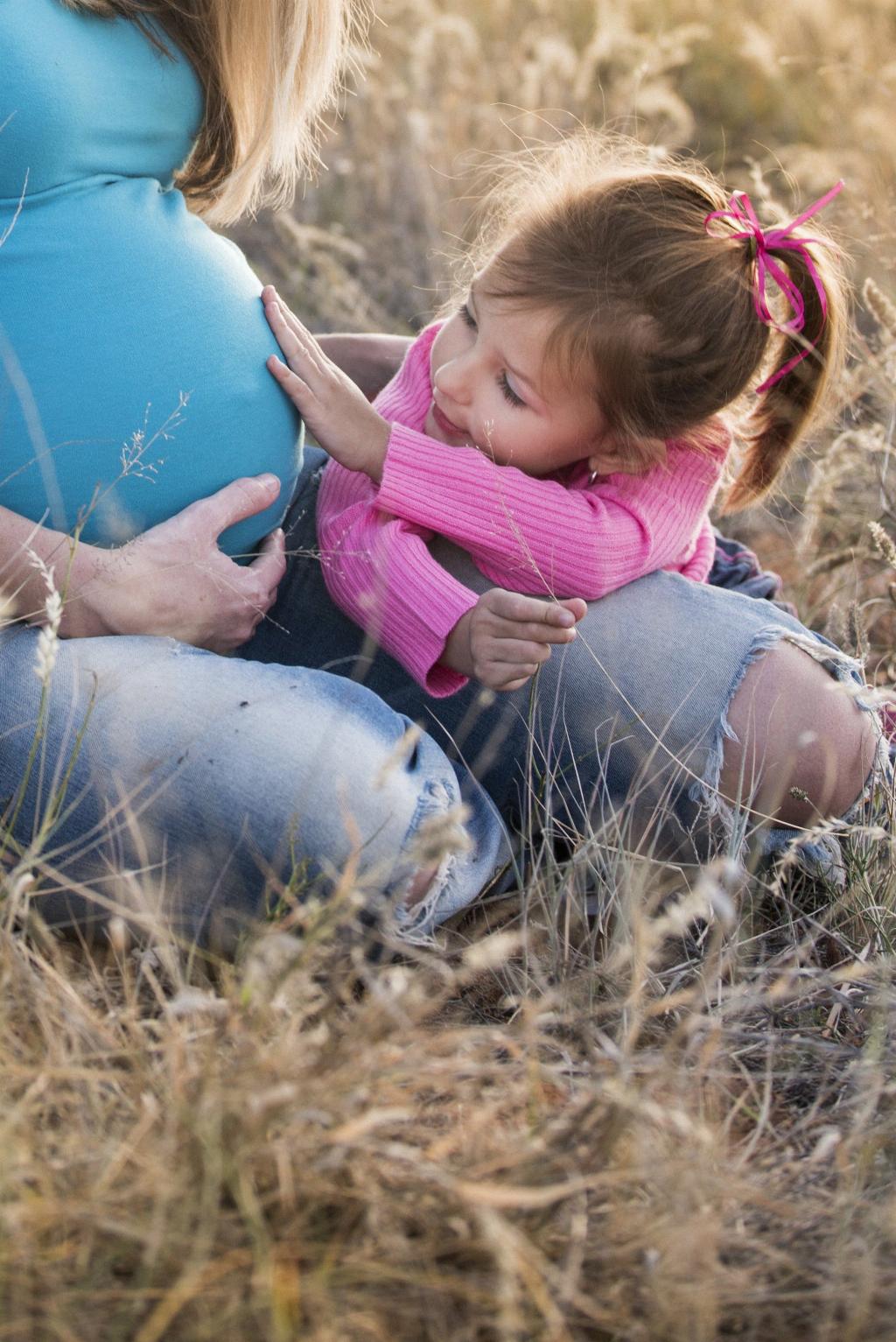When experiencing the discomfort of body aches and chills, it can be puzzling to not have a fever accompanying these symptoms. The body has a way of manifesting various signals, and understanding why these shivers occur without an increase in body temperature is crucial in addressing the underlying causes.
Potential Reasons for Body Shivers Without a Fever
There are several factors that could contribute to the presence of body shivers even in the absence of a fever. One common reason is exposure to cold conditions, where the body responds by shivering to generate heat and maintain its core temperature. However, cold exposure is just one of the many possible causes.
Non-Infectious Causes of Body Aches and Chills
Body aches and chills can also be triggered by non-infectious factors such as stress, anxiety, or dehydration. When the body is under stress, it can lead to muscle tension and discomfort, which may result in shivers. Dehydration, on the other hand, can disrupt the body’s balance and lead to various symptoms including chills.
Medication Side Effects and Allergies
It is important to consider any medications you may be taking, as certain drugs can have side effects that include body aches and chills. Additionally, allergies to medication or other substances can also elicit such symptoms. Being mindful of your body’s reactions to different medications and substances is crucial in managing these effects.
Underlying Health Conditions
While body aches and chills without a fever can often be attributed to external factors, it is essential to consider underlying health conditions as well. Autoimmune disorders, hormonal imbalances, and other medical issues can present with these symptoms. Consulting a healthcare professional for proper evaluation is essential in such cases.
Treatment Approaches for Body Shivers
The approach to addressing body shivers without a fever depends on the root cause of the symptoms. For cold exposure, warming techniques such as using blankets or warm beverages can help. If stress is the trigger, relaxation techniques and stress management strategies may be beneficial.
Hydration and Nutrition
Ensuring proper hydration and adequate nutrition can also play a significant role in managing body aches and chills. Dehydration can exacerbate symptoms, so staying hydrated is crucial. Consuming a balanced diet rich in essential nutrients can support overall body function and help alleviate discomfort.
Exercise and Movement
Engaging in regular physical activity and movement can help alleviate muscle tension and promote circulation, which may help reduce body shivers. Gentle exercises, stretching, or yoga can be beneficial in improving overall wellbeing and reducing discomfort.
Seeking Medical Advice
If body aches and chills persist or worsen, it is advisable to seek medical advice for a thorough evaluation. A healthcare provider can conduct necessary tests to identify any underlying issues and recommend appropriate treatment options based on the specific cause of the symptoms.
Conclusion
Body aches and chills without a fever can stem from a variety of factors, ranging from environmental influences to underlying health conditions. By understanding the potential causes and implementing appropriate measures, individuals can effectively manage these symptoms and improve their overall quality of life.

